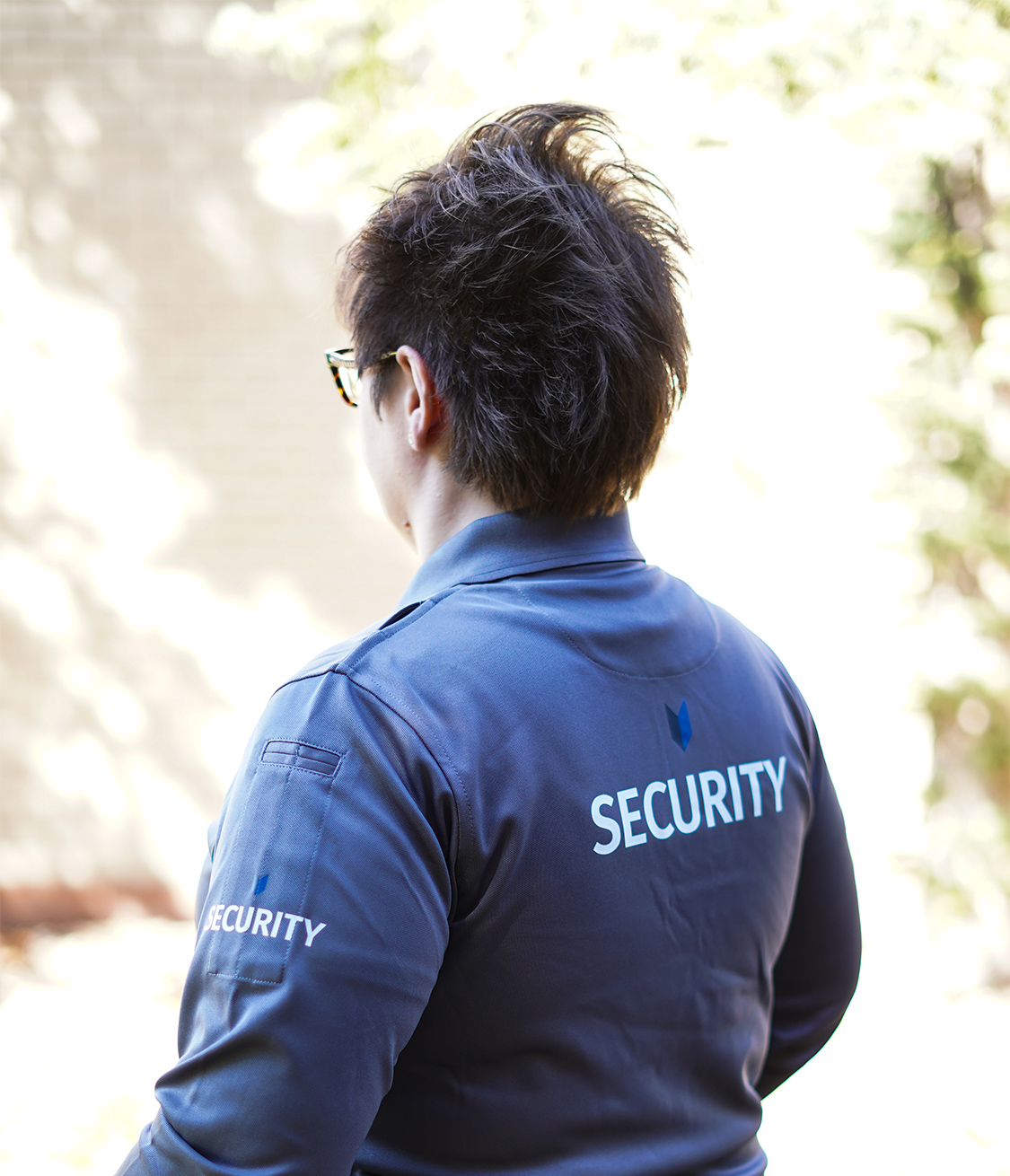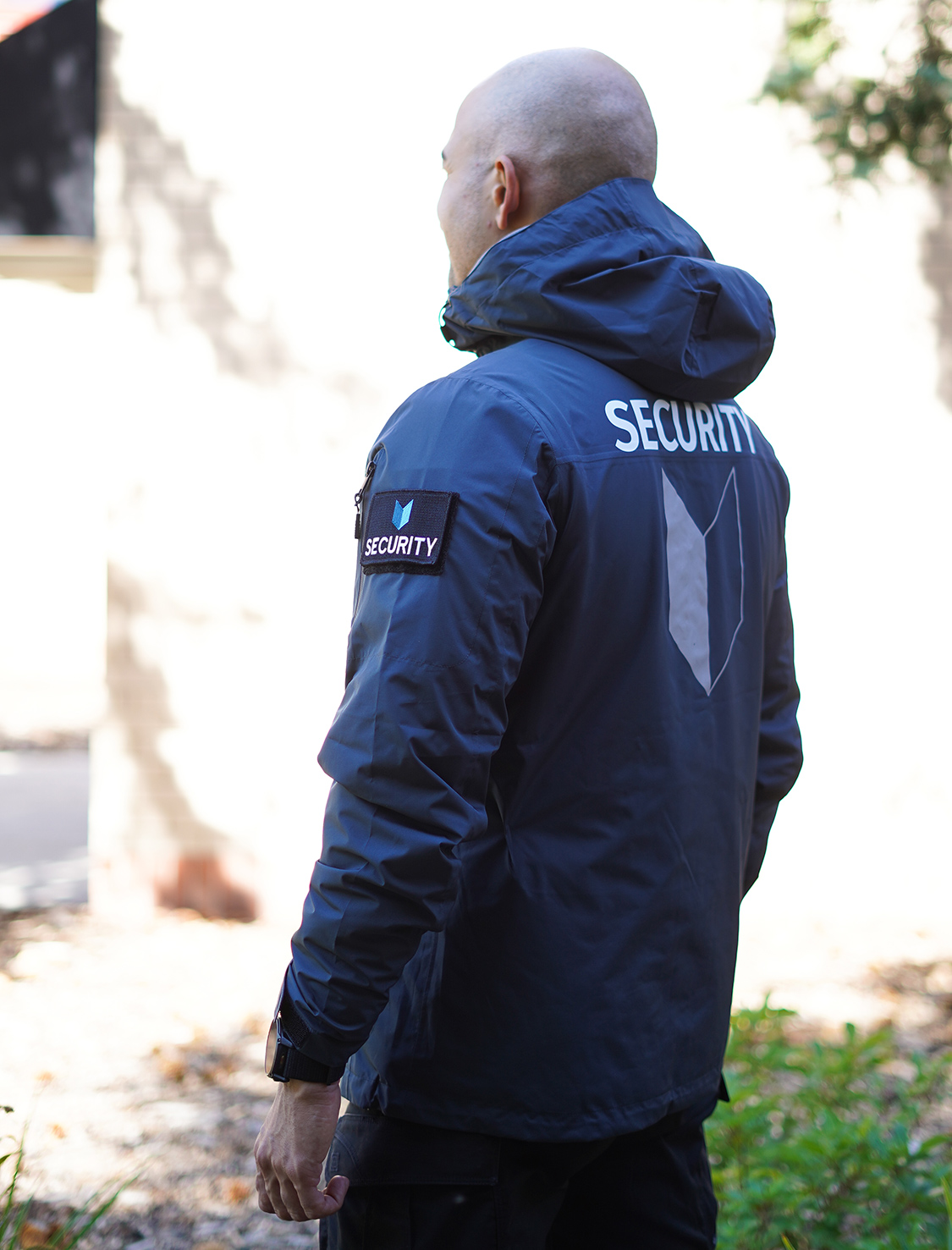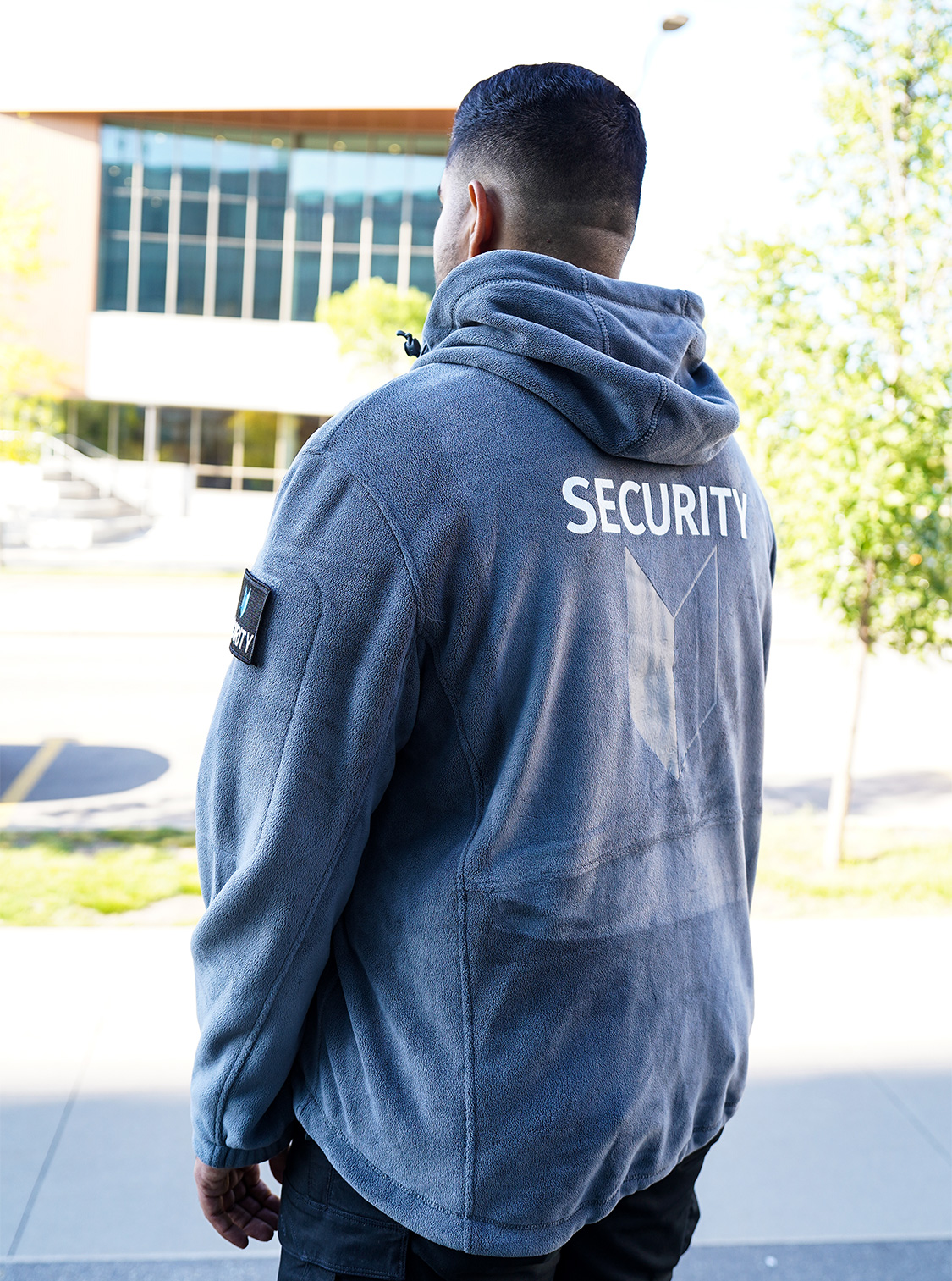Security Services’ new look reflects care, connection and community

Mount Royal University’s Security Services team has unveiled a refreshed look and renewed focus that emphasizes their commitment to care, prevention and support. The rebrand includes modernized uniforms, updated tools and extensive training programs. But, at its core, it reflects the team’s evolving role in fostering a safe, welcoming campus community.
MRU’s Security Services model is built on the values of assistance, empathy and proactive engagement. From responding to medical emergencies to supporting community members in emotional distress, the team is trained to help in ways that go far beyond locking doors or patrolling hallways.
“People often think security is about enforcement or catching people doing something wrong,” says Manesha Sidhu, director of Security Services. “At MRU, our focus is on support and prevention. Much of our work is listening, problem-solving and building connections. Security isn’t about control. It’s about reassurance, care and being approachable when someone needs help.”
The team’s new uniforms, grey shirts and two-tone jackets (blue exterior with grey interior), are designed to strike a balance between visibility and approachability.

Sidhu explains that the change was intentional. “We understand that uniforms can carry different meanings depending on someone’s past experiences, and for some, they may even bring up feelings of fear or discomfort. Our goal was to choose a design that feels more welcoming, while still being easy to identify when support is needed.”
New details, like name tags showing languages spoken and preferred pronouns, and special patches to mark Pride Month, Remembrance Day and the National Day for Truth and Reconciliation (developed in partnership with the Iniskim Centre) help humanize the team and foster stronger connections across campus.
Every member of the Security Services team is licensed under Alberta’s Security Services and Investigators Act and undergoes ongoing professional development. The topics are far-ranging, from training in crisis intervention and de-escalation, ethical decision making, effective communication, note-taking and report writing, ethics, anti-racism, unconscious bias and preventing workplace harassment.
Supervisors receive additional development through the Canadian Credible Leadership Series, including emotional intelligence training, coaching and authentic leadership. Specialized training also includes trauma-informed care, sexual violence response, threat pattern recognition and ASIST (Applied Suicide Intervention Skills Training). All representatives are trained in Naloxone/Narcan use.

“We believe in continuous learning because the needs of our community are always evolving and it’s our responsibility to be ready to meet them,” Sidhu says.
One of the most unique features of MRU’s model is the addition of Safety Program Manager Oladipo Jabagun, a social worker embedded within the Security Services team.
“Many people don’t realize that we have a social worker on our team,” Sidhu explains. “The Safety Program Manager helps us take a holistic, trauma-informed approach to safety. They work with students and employees to create individualized safety plans, recognizing that each person’s experience and needs are different. Whether someone is dealing with the aftermath of an incident, experiences of domestic violence, or simply wants to feel safer on campus, this role ensures we respond with care, empathy and practical strategies.”
Modern tools for a modern campus
Security Services is also adopting technology to strengthen response and streamline operations. Representatives now use push-to-talk smartphone devices instead of traditional radios and a new dispatch software system supports accurate incident reporting and improved workflows. The team continues to use MRU’s advanced camera system with AI analytics, adding another layer of proactive campus safety.
On any given day, students, employees and visitors might see Security Services representatives walking through hallways, cycling across campus or responding in vehicles. They also provide Safewalk escorts, emergency response and proactive safety talks at events like New Student Orientation.
While the uniform change was partly prompted by discontinued gear, the shift is symbolic of something larger: a team committed to continuous improvement.
“This rebrand is part of what we are doing as we continue to listen, adapt and grow,” Sidhu says. “We are committed to a safe and inclusive environment where everyone feels supported.”

